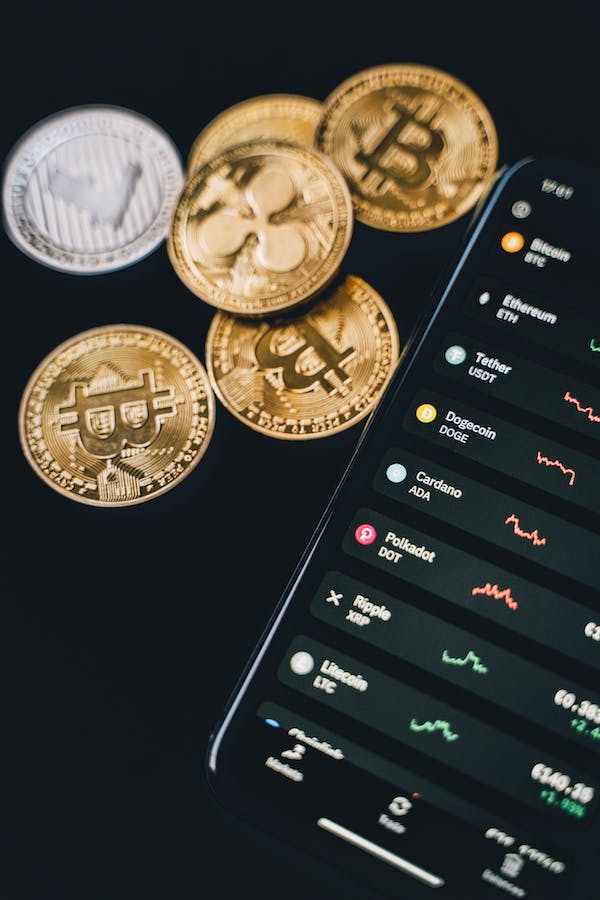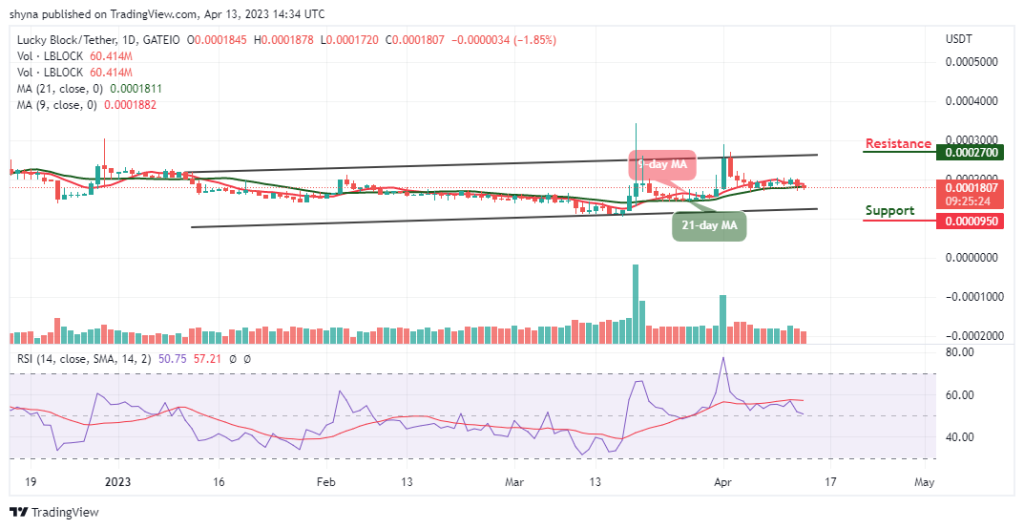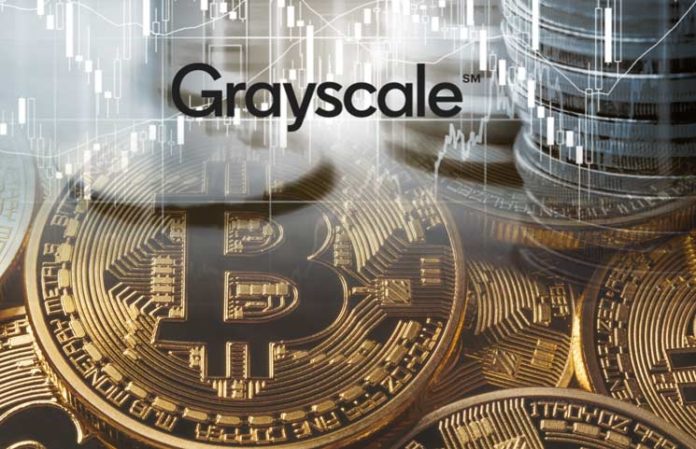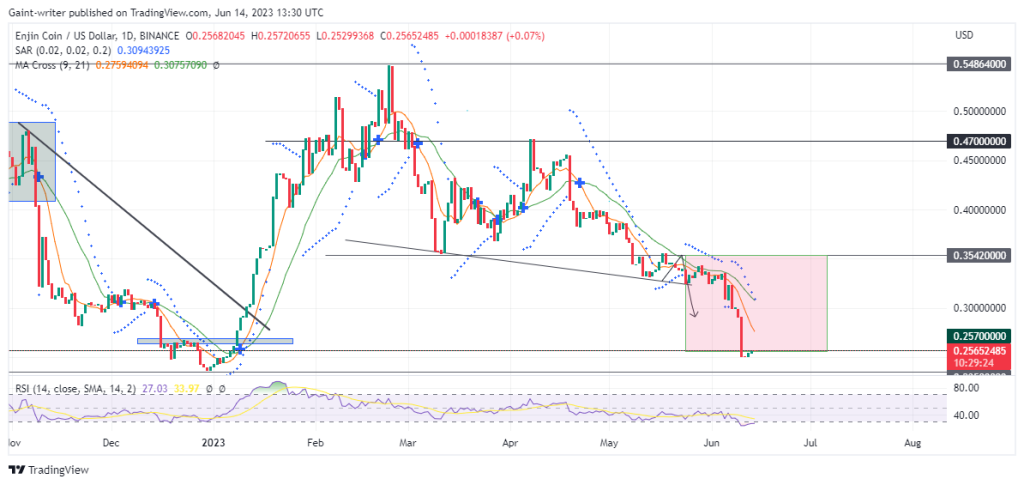Uniswap Liquidity Pools Could Introduce KYC Checks for Users
Don’t invest unless you’re prepared to lose all the money you invest. This is a high-risk investment and you are unlikely to be protected if something goes wrong. Take 2 minutes to learn more
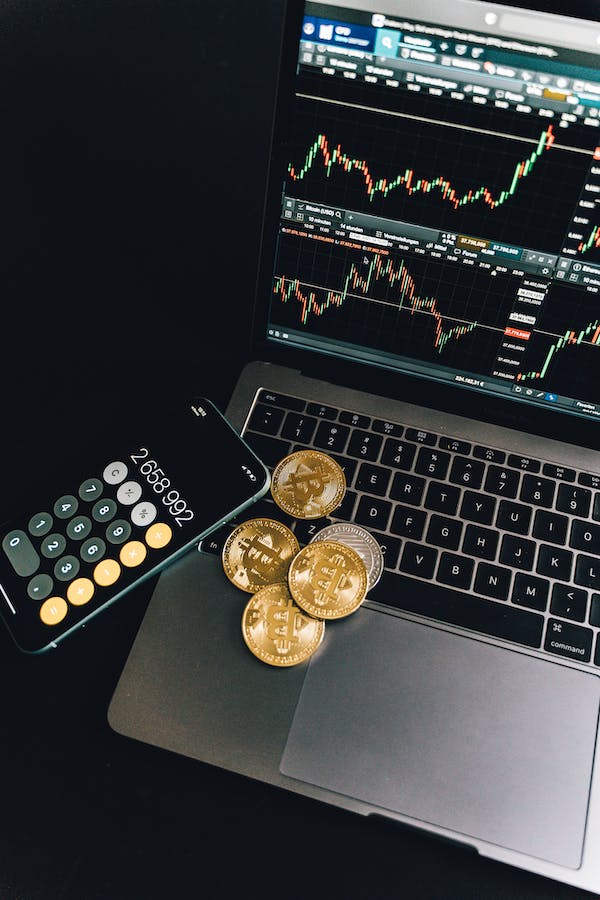
While the introduction of Know Your Customer (KYC) and whitelisting features on Uniswap remains a matter of community discussion and suggestion at the moment, there is a growing sentiment that their eventual implementation is becoming increasingly likely. This potential development has sparked extensive debates and considerations within the DeFi community. It raises pertinent questions about the balance between privacy, security, and regulatory compliance in the decentralized finance space, as well as the impact such changes could have on the broader cryptocurrency landscape. In this article, we delve into the evolving discourse surrounding KYC and whitelisting on Uniswap and explore the potential implications of these features for users and the DeFi ecosystem as a whole.
As Uniswap gears up for its upcoming upgrade slated for later this year, the decentralized exchange has thrown open the doors to code suggestions from the community. Nevertheless, not all of these ideas have received a unanimous standing ovation.
One particular area of contention revolves around community-proposed code related to Know Your Customer (KYC) procedures and whitelisting features. These suggestions have ignited passionate discussions about the future landscape of decentralized finance (DeFi). The proposals are an integral part of Uniswap’s innovative “Hooks” feature, which empowers third-party developers to introduce diverse changes and enhancements to the largest decentralized exchange in the market.
One of the most hotly debated Hooks codes, submitted by blockchain developer Jongwon Park, integrates KYC checks as a prerequisite for users to engage in pool trading. This specific code has taken center stage in the ongoing discourse, with renowned DeFi investor and analyst Adam Cochran, labeling it as a ‘slippery slope’ for the protocol.
In the midst of this discussion, the argument unfolded with intriguing perspectives. One voice in the conversation emphasized the potential regulatory implications of developing tools for permissioned systems, raising concerns about the unintentional encouragement of regulatory overreach in contexts where it may not be essential.
Jongwon Park, on the other hand, maintained a different stance, asserting that permissioned blockchain tools are an inevitable facet of the technology landscape, akin to the evolution of technology itself. He made it clear that Uniswap’s commitment to remaining a permissionless platform remains steadfast, with its smart contracts etched in the immutable foundation of the protocol.
In response, Park advocated for a harmonious coexistence between permissioned and permissionless protocols, emphasizing the importance of establishing a robust framework to ensure that both modes can thrive independently while maintaining their unique identities. This debate encapsulates the ongoing dialogue within the crypto community regarding the role of permissioned and permissionless systems and their symbiotic relationship in the blockchain ecosystem.
The Integration of This Hook Into Specific Pools Is Still Uncertain
Seraphim Czecker, a contributor to Lido, expressed doubt about the extensive use of KYC checks, explaining that many trading firms and bots, particularly those from traditional finance backgrounds, prefer to remain anonymous and are unlikely to embrace KYC procedures.
Notably, Uniswap, dYdX, Aave, and other DeFi platforms have adopted measures to screen wallets associated with illicit activities. Uniswap, in particular, has implemented screening and blocking measures to restrict transactions involving entities sanctioned by the U.S. Department of the Treasury, including those related to foreign countries, regimes, terrorists, and international criminals.
In a proactive move, Uniswap collaborated with blockchain security firm TRM Labs in the previous year to enhance its screening procedures, focusing on preventing the use of the protocol for illicit purposes, such as handling stolen funds or bypassing sanctions via the Tornado Cash protocol. The article will further explore the implications and debates surrounding these regulatory measures in the DeFi space.
In the past, regulators have made attempts to enforce compulsory KYC for self-custody wallets and DeFi platforms.
Meanwhile, a number of initiatives, including Civic Pass, Polygon ID, Astra Protocol, and Parallel Markets, are diligently developing secure and permissionless compliance solutions tailored for Web3 applications. These endeavors aim to strike a balance between regulatory requirements and the decentralized nature of the blockchain ecosystem.
